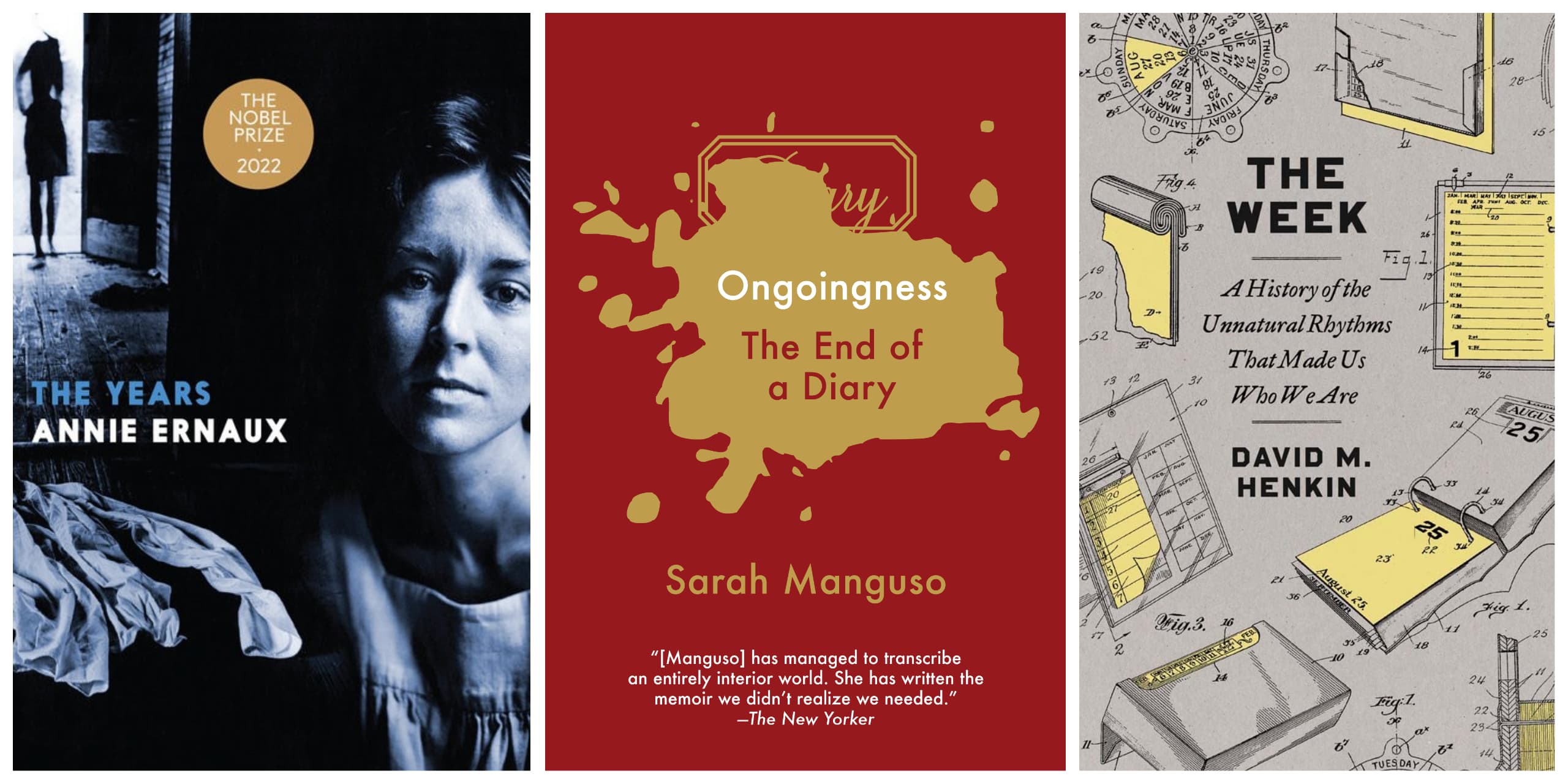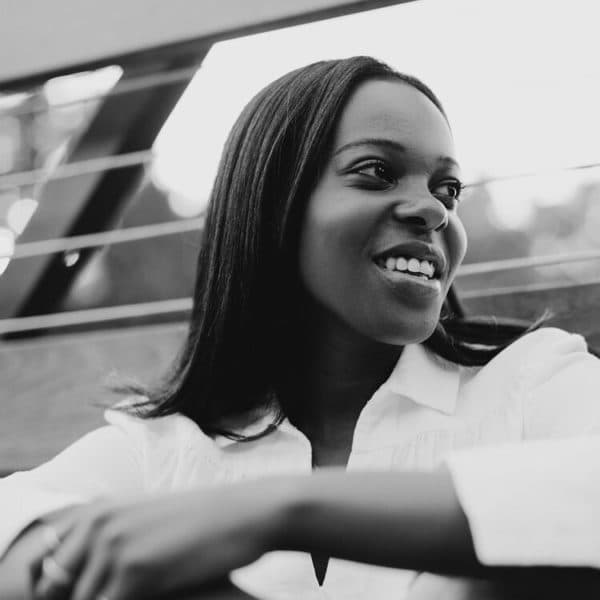Advertisement
The WBUR Read-In: Time and transformation

I’ve never been good at keeping a diary, but I have been good at buying journals with the intention of doing so. Sometimes, I get the feeling that I should document my day or week, and I leave little notes for myself in the various journals and on scrap pieces of paper that I shove into old books or magazines. It’s not organized, but it’s a fun self-ritual of planting secrets for myself. Every once in a while, I’ll come across a journal with something like “HI1005” written on the front. I open it up expecting to find notes from a world history lecture on serious things like the Russian Revolution or the fall of the Ottoman Empire, and if I flip to the right page, I will. But intermingled are funny anecdotes from parties or prayers or descriptions of interesting people I’ve met the day before. A favorite I came across recently: “Last night in Paris, at an American meetup for a political debate screening in an Irish pub, I met a Canadian Marxist.”
These notes are how I like to measure the passing of time. The start of a new year is a peculiar moment in our culture, at the same time nostalgic and forward facing. It’s a time of resolution-making and future-self building. So, for the first Read-In of the new year, I’ve rounded up a few books looking at the passage of time, memories and self-reflection. Annie Ernaux recreates self through photos, music and news, Sarah Manguso assesses compulsive record keeping and David M. Henkin investigates the seven-day week.
'The Years'
By Annie Ernaux
The prolific Annie Ernaux has long been celebrated in literary circles, but last year, she gained well-deserved international fame after winning the Nobel Prize in Literature. I had not read her before, but after news of the Nobel, I picked up “The Years.” It’s an autobiographical novel that describes the narrator's life from 1941 to 2006. The story is sweeping and kaleidoscopic, told through a mix of photos, books, songs, headlines and historical events. One of my favorite ways that Ernaux signals the tide of changing eras is through dinner table conversation. At the beginning of the book, families gather and tell tales of the old country for hours. “They traveled back to times before their own existence, the Crimean War and the siege of 1870, when the Parisians ate rats.” They ended the evening by singing. Later on, dinner table conversations shift toward consumption of time and objects rather than shared history, “We instinctively avoided topics that awakened the old social longings… instead examining the present we shared… The recitations of memories from the war and the Occupation virtually ceased,” wrote Ernaux. This book is a journey through time, quick in some sections, drawn out in others, but beautifully grounded in one woman’s sense of her present moment.
'Ongoingness: The End of a Diary'
By Sarah Manguso
Unlike me, author Sarah Manguso is a chronic diarist. She has kept a diary for over 25 years, and it’s 800,000 words long. Her book does not include any of her decades-long musings. Instead, it’s an attempt to examine and understand her near-obsession with record keeping. “Imagining life without the diary, even one week without it, spurred a panic that I might as well be dead,” wrote Manguso. While assessing her old journals, she realized one of the troubles with writing down your memories is the choice you have to omit. The book is a study of transience, an intimate look at the author’s past versions of herself and her relationship with time.
'The Week: A History of the Unnatural Rhythms That Made Us Who We Are'
By David M. Henkin
This book is an investigation of our modern seven-day week. David M. Henkin uses American literature, diaries and schedules of all kinds to discover where our timetable came from and how it shapes our lives. Most of our timekeeping has to do with our place on the planet and the planet’s place in the solar system. But weeks, as we know them, are a fairly recent adoption. Henkin’s book, which describes how the organizing of days created our world, is split into four sections looking at our history of keeping time this way and our efforts to preserve it. At times, the book is dense, but there are gems of historical curiosity. For example, this use of slave narratives, “A particularly powerful indication of the prevalence of Sunday rest… comes from Southern plantations…” writes Henkin. By using a wide variety of mediums for research, this book offers an interesting insight into the standard week and the meanings we apply to it.
Additional Reading:
- Readers of the Atlantic share their 2023 resolutions
- Naomi Shihab Nye’s poem “Burning the Old Year”
- A stunning profile of writer Annie Ernaux and her ability to work magic out of memory
